People, Planet, Profits: Can it coexist in corporations?
I've been thinking about the People, Planet, Profit model recently, also known as the Triple Bottom Line. This is at the heart of what we're about.
For us, it means growing and supporting businesses, people, and ideas that are positive for the planet and positive for people, resulting in sustainable long-term profit growth. As the model suggests, the focus on people and planet is equal to the focus on profit.
It's a simple model but a difficult one for many companies to truly understand, especially those driven solely by capitalist values.
I was at the MO Summit in Austin, Texas, last week with several other CEOs and founders of mission-driven companies who are navigating how to positively impact their triple bottom line. These leaders are all mission-driven with strong values and a focus on sustainability at the core of their organizations.
They are very clear about why the People, Planet, Profit model is essential and acknowledge the many challenges associated with it. They wanted to learn from their peer group how to address these obstacles.
I recently read the book The Man Who Broke Capitalism by New York Times reporter, David Gelles. It’s about how Jack Welch and GE systematically changed how businesses value quarterly profit.The obsession with short-term profit and shareholder returns led to radical downsizing and the vaporization of hundreds of thousands of jobs. Many of the senior executives at GE went on to apply the same approach at other large American companies. Gelles demonstrates how this approach has led to the greatest socioeconomic inequality since the Great Depression. |
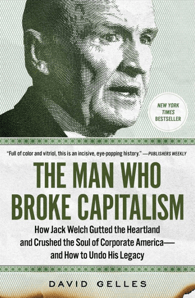 |
We’re seeing many examples of how putting people and the planet first is benefiting businesses. Case study after case study proves that the People, Planet, Profit model can drive better financial results.
For example, IBM discovered that human-centered businesses:
|
 |
IBM says:
"The human-centered organization is one that exists to fulfil a purpose for its users, customers, and community, and orients all of its innovation and operations activities around those people. It has instilled the principles of human-centered design and applied them in their most pure form to every aspect of their organization."
Human-centered business is not a new phenomenon, by any means. Tracing back to the Great Depression era, Marriott provided a staff doctor to make sure their employees had access to health care. That's because not only do healthy, happy employees remain loyal to their companies, but they also produce more innovative ideas.
Marriott knew the only way to sustain their business was to have a well-cared-for staff. Perhaps that's one of the first-ever examples of the Triple Bottom Line model in action. Throughout the years, Marriott has truly 'walked the walk' in their people-first mission. |
 |
The company dismantled hierarchies (the CEO and executive leaders buy lunch and eat in the cafeteria just like everyone else) and suspended healthcare eligibility rules during the 2008 recession so even when the company had to cut back on hours, employees still had access to health benefits.
Marriott says about its people-first approach:
"Giving associates opportunities to grow and succeed is part of the company’s DNA." The point here is that healthy, happy employees remain loyal to their companies, reducing overhead costs from constant turnover. They also produce more innovative ideas, better serve customers, and ultimately increase a company’s ROI. Research shows that increased employee engagement drives revenue.
It's that simple.
There are companies other than Marriott that exemplify the People, Planet, Profit model, but the hotel chain is a fitting example of the human-centered way of thinking.
Marriott says:
"'Take care of associates, and they will take care of the customers.' This is our founder’s philosophy, and it has made Marriott International a great place to work for more than 95 years. Our people-first culture has consistently earned us awards and recognition around the globe."
and:
|
"We hold ourselves to uncompromising ethical and legal standards. This extends to our day-to-day business conduct, our employee policies, our supply chain policies, our environmental programs and practices, and our commitment to human rights and social responsibility." Sustainability, like the human-centered approach, can also result in increased revenue. Research shows that sustainable businesses have lower operating costs, with efficiency improvements boosting operational profits by up to 60 percent. It's no wonder, then, that 33 percent of companies are adopting sustainable strategies to enhance efficiency and drive down costs. Going back to Marriott, the company wants to commit to sustainable practices by 2025 wherever it does business as part of its Serve360 program. |
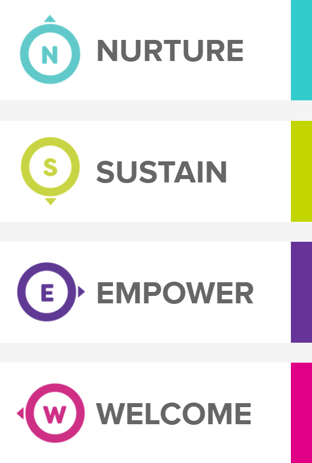 |
Marriott says:
"Today, business plays an increasingly critical role in taking on our world’s most pressing social, environmental, and economic issues. With our size and scale, we have a global responsibility and a unique opportunity to be a force for good."
What is the triple bottom line in a real-world context?
Let's quickly explore each of the 'Ps' in People, Planet, Profit and give you an example of a company that achieves each of these goals:
1. PeopleAccording to Grand Canyon University, people-focused businesses might pay adequate compensation to employees when something goes wrong, ensure safe working conditions, and help team members understand the value of their jobs. Grand Canyon University says: Only then can companies become "agents of positive change in their communities."
|
Here's a look at Patagonia's Triple Bottom Line:
|
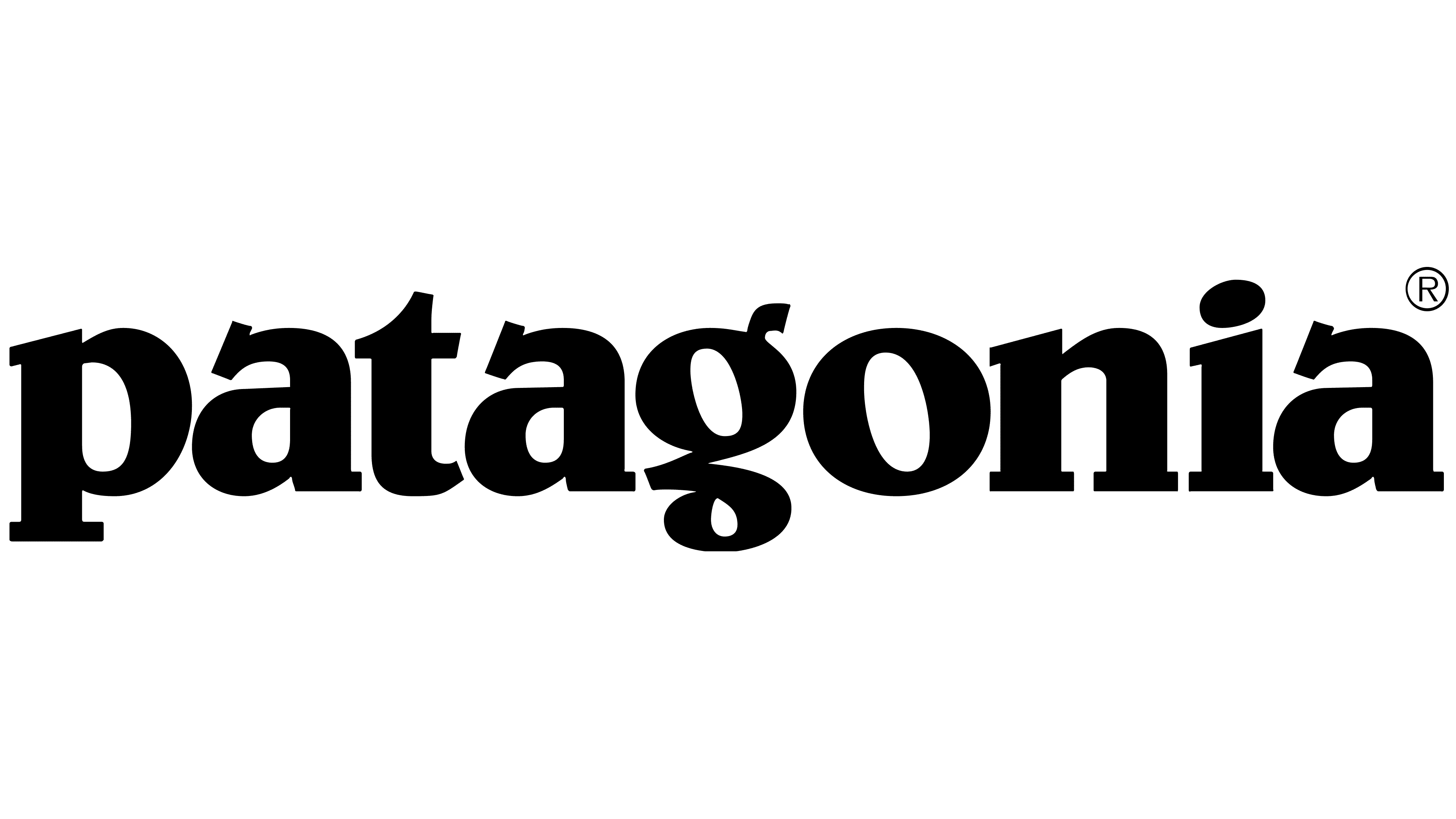 |
Walking the walk
|
It can be difficult to know whether a company is truly committed to the People, Planet, Profit model or if it's just trying to look good for its customers and stakeholders. How can we know if a company genuinely "walks the walk" and doesn't just "talk the talk?" B-Corp certification is a designation that proves an organization meets the highest standards of performance, transparency, and accountability. That might involve providing employee benefits that make a real difference in workers' lives, giving money to good causes, and using environmentally friendly supply chain practices and production materials. |
In other words, a certified B-Corp prioritizes its employees, the community at large, and our shared environment. While it’s issued by B Lab, a global non-profit organization, the B-Corp certification is a private certification given to qualifying for-profit companies. As of the date of this article, B Lab has certified over 6,600 companies in 89 countries.
The B-Corp certification puts the focus on:
|
Interconnectedness People over profit The big picture |
Oxford's B-Corp status Oxford became a B-Corp in March 2020, demonstrating our commitment to meeting the highest social and environmental standards.
We believe we adhere to the principles of the People, Planet, Profit model and just released our latest B-Corp Impact Report.
Being a B-Corp helps us achieve the values we've always believed in, long before the People, Planet, Profit model became a popular buzz-phrase for organizations. We always find a better way to do business that puts people first and improves the environment. It's what we'll continue to do, even if it means sacrificing profit. The certification process challenged us to become more aware of our environmental and social impact, pushing us further to improve and invest in these specific areas.
We've talked about the importance of B-Corp certification for our organization before.
While our business model has minimal impact, with very few actual office spaces, our clients are international, so traveling to meet with clients was our biggest impact environmentally. It was something we’d suspected but had not confronted. We’ve had to challenge ourselves and our clients to justify face-to-face meetings in lieu of phone calls or virtual meetings. Where we felt in-person meetings were necessary, we have fully offset our impact.
We've continued to reach our long-term sustainability objectives but understand, as any business should, there are always ways to continue improving. It doesn’t feel as hard to do this as it originally did. We're still on that journey, but nothing will stop us from becoming a more responsible company that values people, the planet, and profits, and in that order.
We know this isn't easy for many established companies and knowing where to begin achieving the Triple Bottom Line of the People, Planet, Profit model is difficult. And for many of these companies, it’s simply not a priority yet. But the winds of change have begun to blow around the world, and these companies may soon be forced to confront how they approach business.
The real bottom line? Companies are built by people.
Companies are comprised of people, not profits. We are the stewards of our planet, and when one of us wins, all of us win.
If you have any questions or want to learn more about the People, Planet, Profit model or any of the other topics discussed in this post, please get in touch.
Share this
You May Also Like
These Related Stories

What is a B Corp and why did Oxford become one?
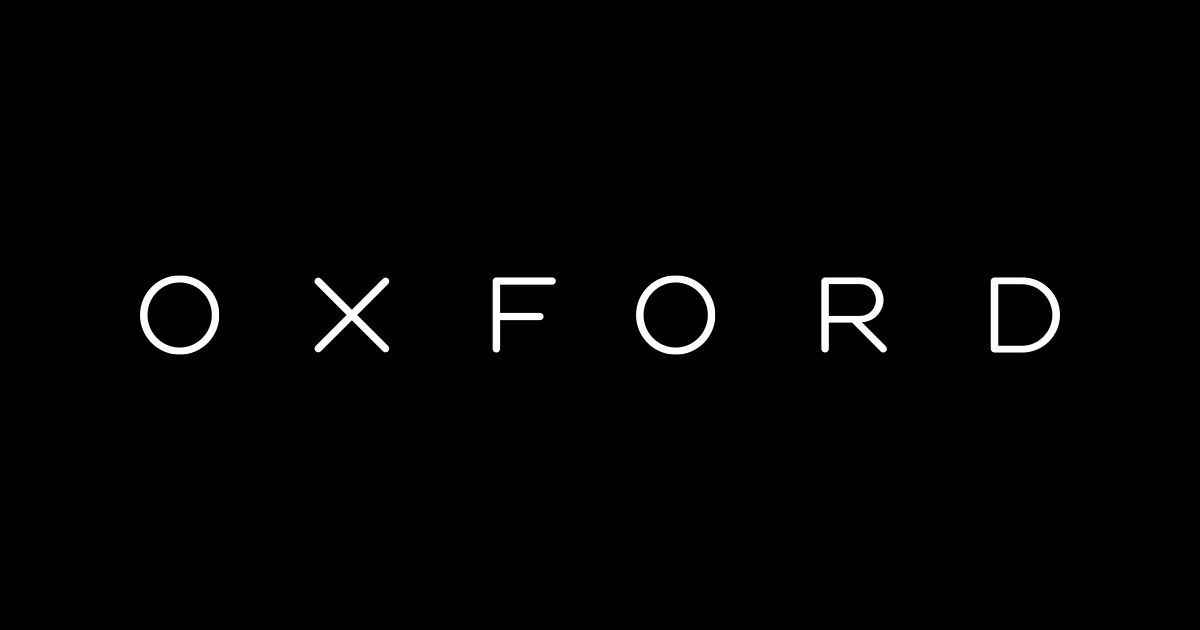
5 lessons from Sustainable Brands Paris 2019
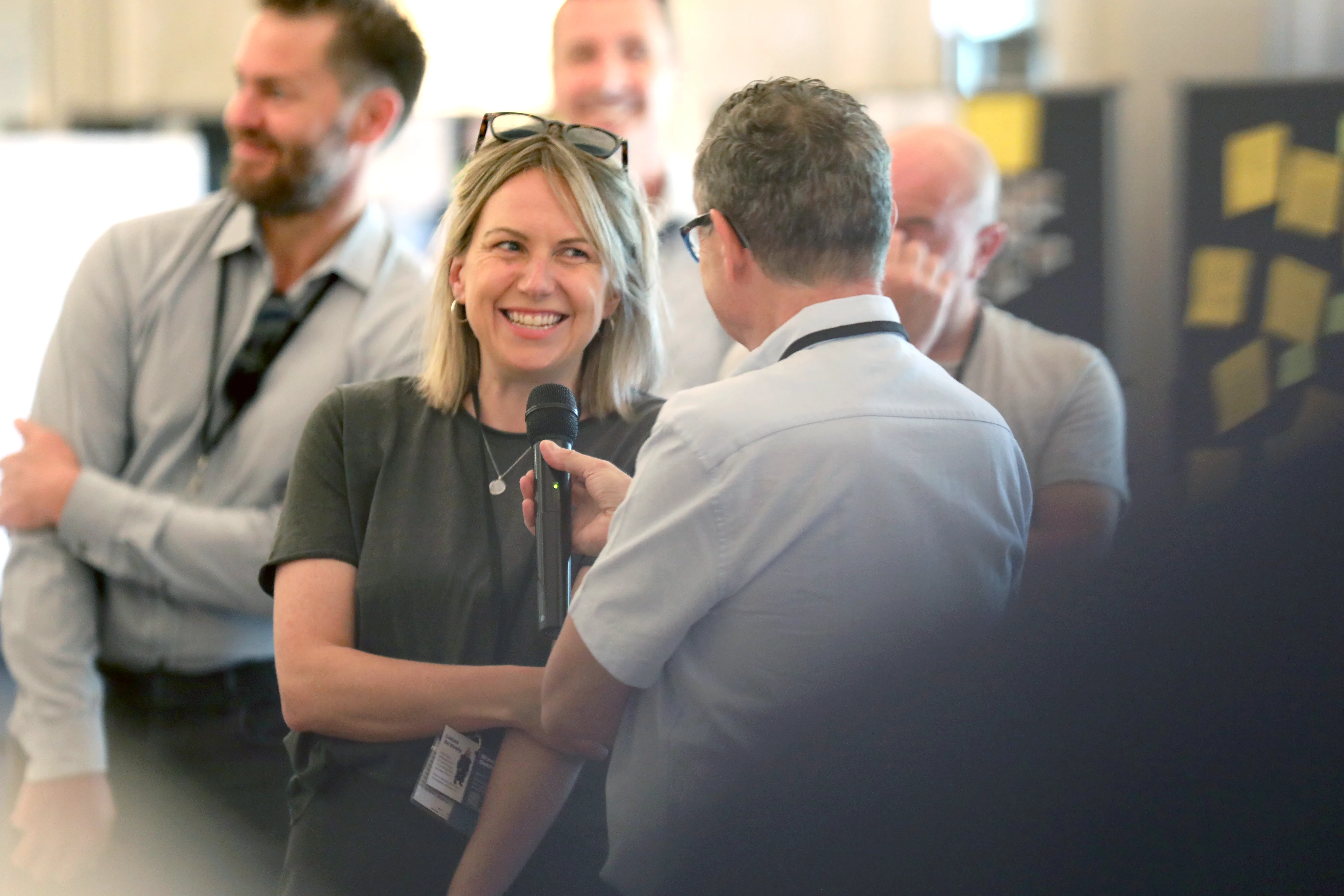
.png?width=657&height=57&name=OXFORD%20LOGO%20(1).png)
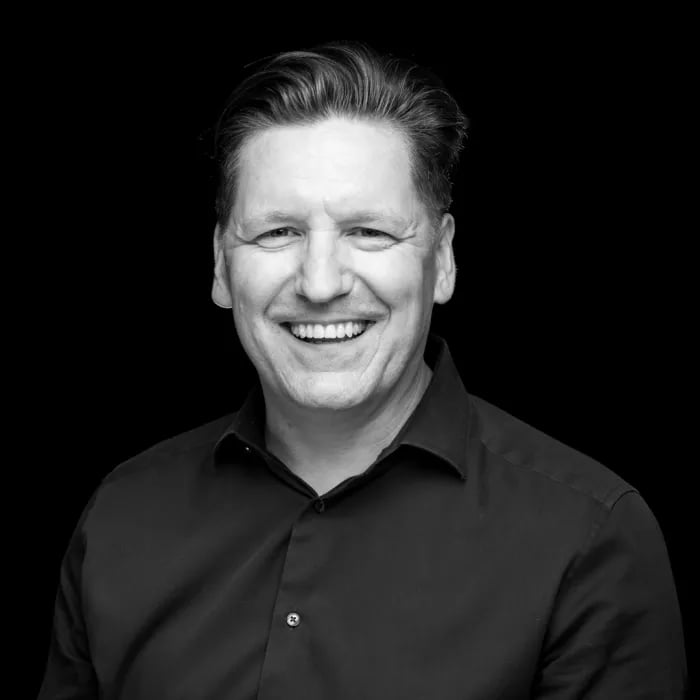
No Comments Yet
Let us know what you think